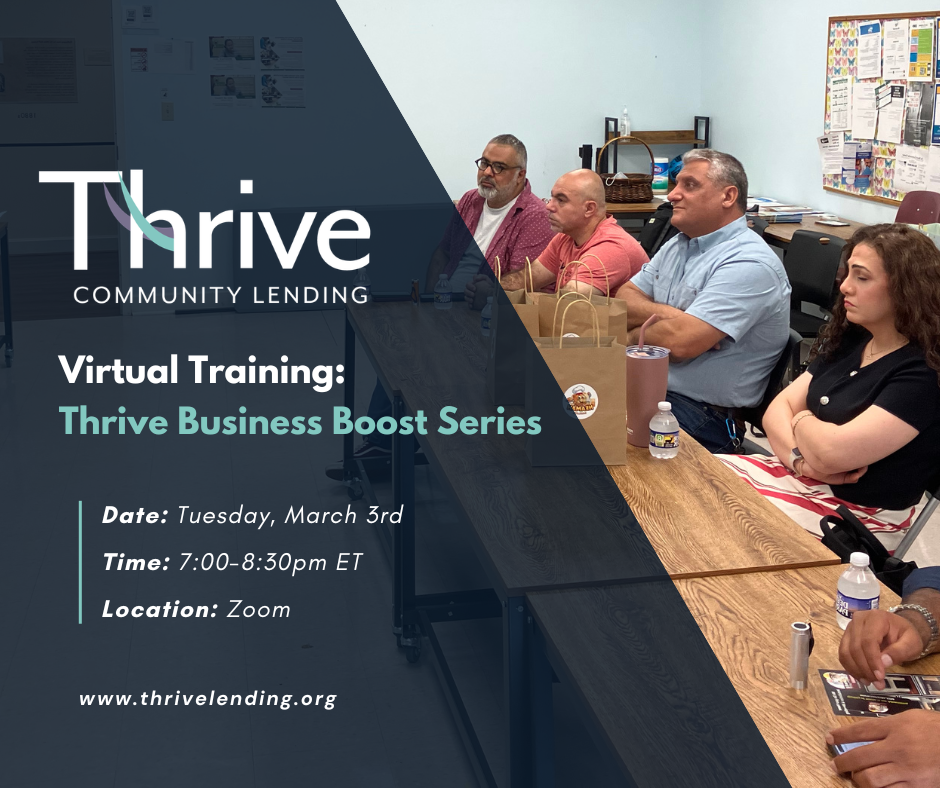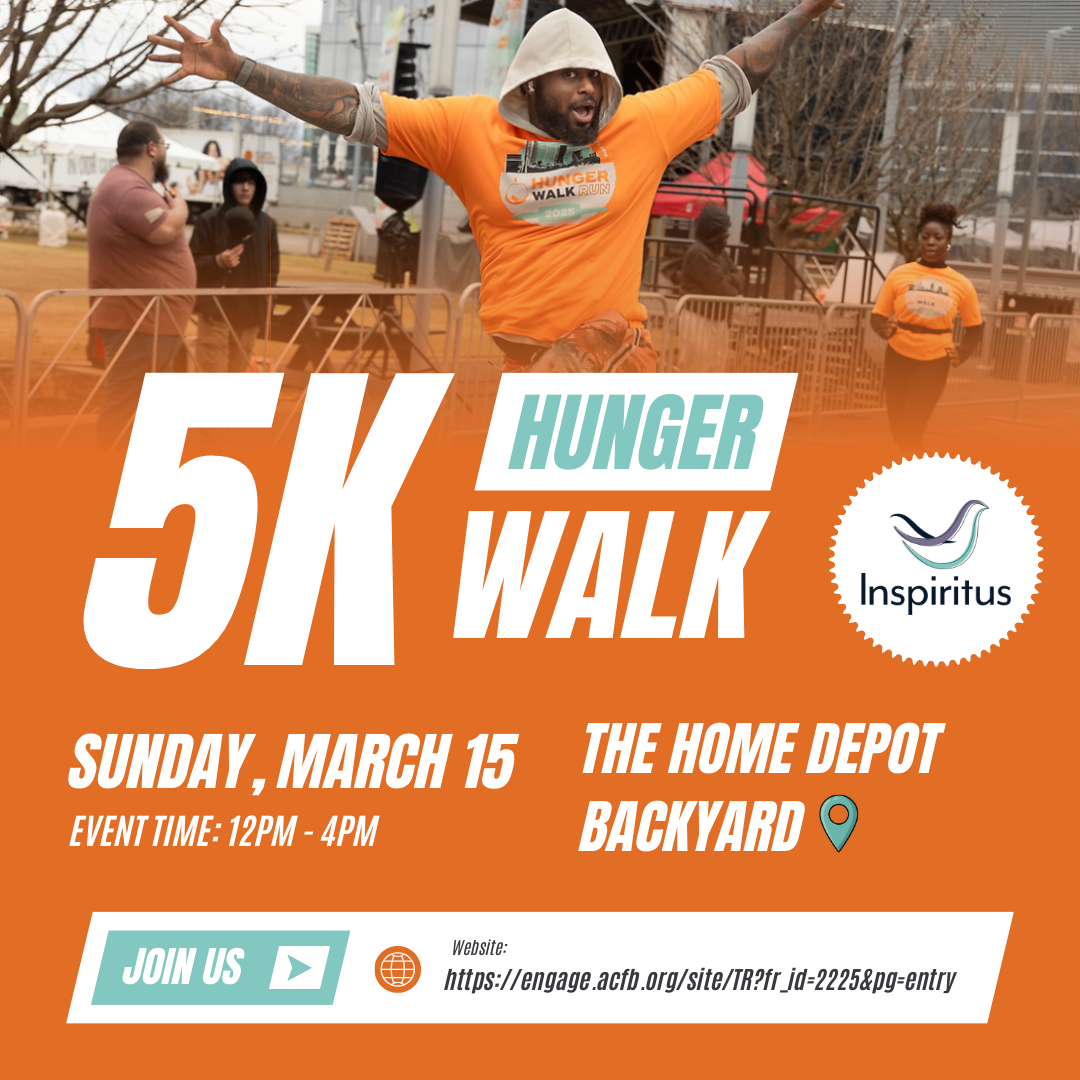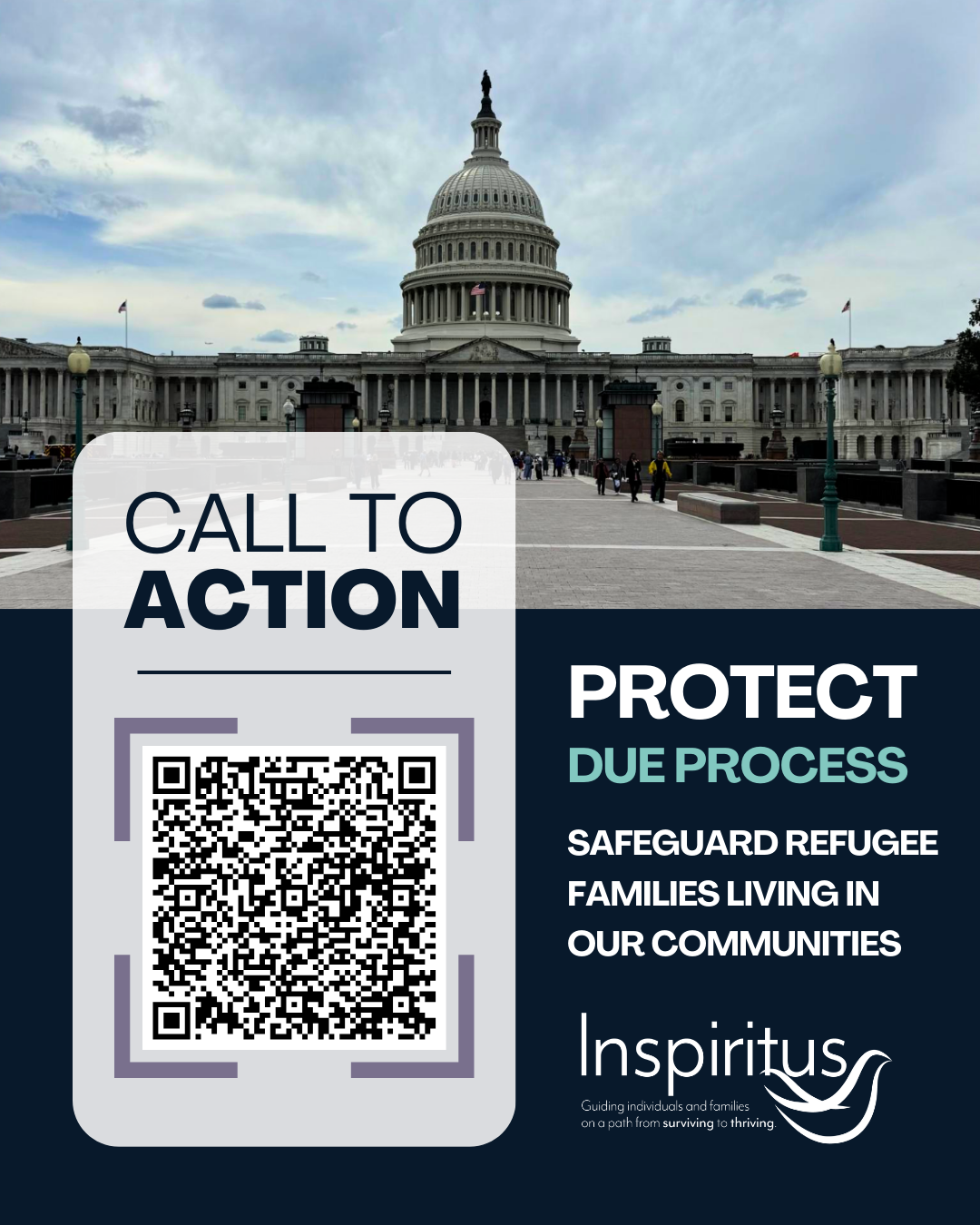LSG Case Manager Crispin Wilondja Welcomed As Roster Minister at ELCA Synod Assembly
/At the ELCA Southeastern Synod Assembly earlier this month, LSG Case Manager Crispin Wilondja was officially recognized as a rostered ELCA minister. After receiving his Master’s in Theology in California, Crispin was first ordained as a Jesuit Priest in 2008 in his home country, the Democratic Republic of the Congo. After moving the United States in 2011 as an asylum seeker (a person fleeing their country of origin because of persecution or violence and has applied for protection in another country but has not yet had their claim for protection assessed), Crispin found a home in the Lutheran tradition and joined St. John’s Lutheran Church in Atlanta.
Crispin with members of good samaritan ministry and John Moeller, CEO, LSG.
Through his church, he learned about LSG’s work with refugees and immigrants and secured a job as an interpreter in 2014. The next year, Crispin was promoted to Resettlement and Immigration Case Manager where he worked for many years. Since March 2018, with the fewer number of refugees arriving to America, he has worked as an Employment Specialist Program Assistant.
In addition to his work with LSG, Crispin started a new Lutheran congregation for refugees in February. His church, Good Samaritan Ministry, worships every Sunday at 2pm in the sanctuary of Rock of Ages Lutheran Church in Stone Mountain.
What inspired you to work in ministry?
I wanted to work in ministry because I wanted to serve the church. Since I was young, very young I felt the call to be a priest. I was convinced that God was calling me to serve him as a priest and to preach the Good News to the poor. And after going to the Jesuit schools, I then joined the Jesuits to become a priest.
Being a priest is more a ministry rather than a job. I felt the call to serve and I was trained to imitate Jesus as loving, compassionate and more attentive to the human needs, especially the poor and marginalized.
How has your background as a minister influenced your work as a case manager at LSG?
Being a priest has prepared me to easily embrace my job as a case manager…I always see LSG as a perfect place for ministry. Every morning when I was going to meet with refugee families, my prayer was: “Lord, open my heart and my eyes to be able to see you in these people. Help me serve them as if I am serving you my Lord and my Savior. Make me your instrument to bring joy and consolation to those who have been afflicted; those who have fled their homes; those who have lost everything. Make my hands become your hands; make my voice become your voice. And let your will be done.”
What do you miss about your home country?
As immigrants like to say “Home is home!” I miss my family (mother, siblings, …); I miss my parishioners. I miss being a priest in Congo. It was another context there. I am working harder with my new congregation but our members are still looking for more of a case manager rather than a pastor. In addition, I don’t have enough time as I would love to have in order to develop this mission. I have first to survive and be able to provide for the needs of my family while the congregation cannot pay me to have a decent living. I miss the life style, the joy and the togetherness. Back home people are very poor but they are happy and less stressed.
What do you love about the United States?
Crispin meeting a refugee family from Central African republic at the airport
I fled my country because my life was threatened; I was about to be killed due to my preaching and social engagement. In America I feel safe. I don’t have to live under the fear to be arrested any time. America is the country of opportunities. I dream to deepen myself in ministry, to build a congregation and to be pastor for all those who need love and compassion after fleeing their home countries. I love working in America and being paid; I love the freedom and the justice. I love the society and the culture being progressive. Despite some rays of discrimination and social justice issues, I like the society being more and more inclusive. I like to see that the basic needs of the population are fulfilled. I like to see refugees that I have welcomed becoming self-sufficient; I like to see kids adjusting well, going to school and speaking very good English and becoming interpreters for their parents. I like to see refugees fulfilling their dreams and supporting their families back home.
















